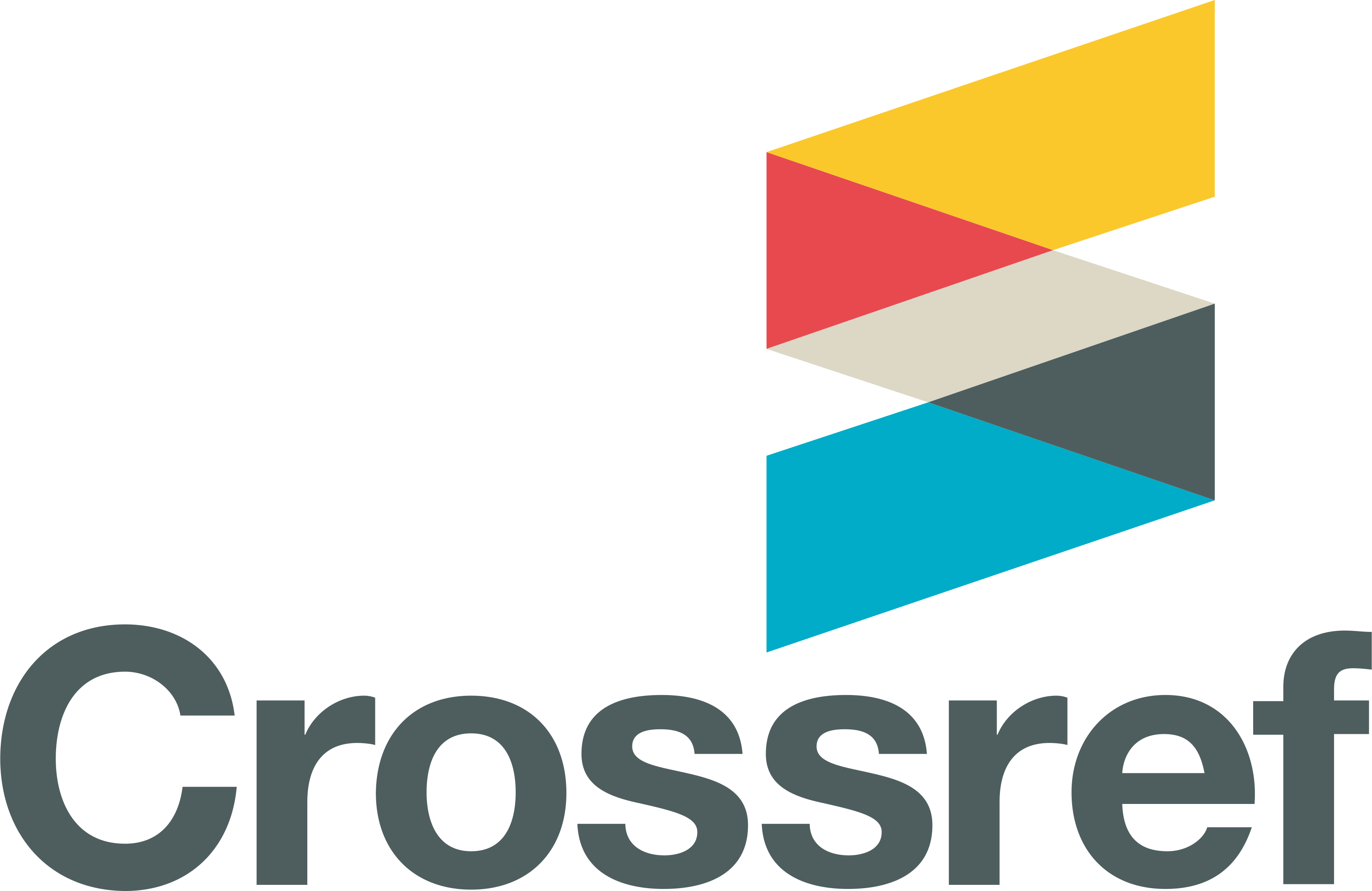Knowledge, Perception, and Attitudes of Students in Caraga Region Towards Philippine Snakes: Implications to Biodiversity Conservation
Keywords:
Knowledge, Perception, Caraga Region, Philippine SnakesAbstract
Snakes, being less charismatic and infamous among threatened wildlife, are usually given biased treatment for conservation. Hence, the study on knowledge, attitudes, perception, and actions of 264 university students toward Philippine snakes was conducted on Caraga State University's main campus. The survey questionnaire consisted of four parts: socio-demographics, knowledge (snake identification), attitudes and perception toward snakes, and their source of information. A point bilateral correlation test was used to determine the association of knowledge and attitude and knowledge with information sources. Association of attitudes with sources of information and the interattitudinal association was determined via Fisher’s Exact Test. Results showed that most students lack knowledge of snake species, having a mean score of 2.2 out of ten. Despite the low score observed, students tend to have positive attitudes towards snakes. The majority (86%) of the respondents favored the conservation of the taxa, despite the perceived fear (81%) and dislike for snakes (83%). The students’ perception also demonstrated considerable awareness with regards to the ecological role of snakes. Meanwhile, TV news (81%) and school (60%) were the most identified sources of information, while social media, family, and documentary were positively associated with the students’ knowledge of snakes. Information from this study would be essential in the formulation of efficient management plans and conservation for snakes in the Philippines, particularly in the Caraga region.
Downloads
Published
How to Cite
Issue
Section
License
Copyright (c) 2020 Leonardo Estaño, Deolito Bicua Jr., Sandy Ling Choo, Juancho Balatibat

This work is licensed under a Creative Commons Attribution-NonCommercial 4.0 International License.




